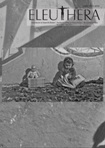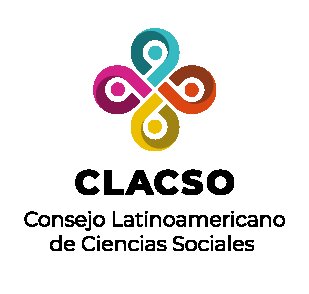Authors
Abstract
The topic of conciliation of the family world and the working world of workers can be seen from two extremes. On one hand, there exists the private world in which family and personal spaces can be found, and on the other hand there exists the public world in which the working space and men and women in their role as workers can be found (Serman, 2002.) These pages present the results of a qualitative research project which deals with the conciliation strategies for men and women from the 70’s and 2000’s generations with family responsibilities within nuclear families conformed by a couple (marriage or partners) and children whose members live together in the city of Concepción, Chile. The way conciliatory strategies are maintained in practice, more than it is believed even though the speech about this has changed, is analyzed.
References
Iturrieta, Sandra (2001), Perspectivas teóricas de las familias como interacción, como sistema y como construcción social. Chile, Universidad Católica del Norte,
Millán, Noelia (2006). Concepciones e imágenes en torno a lo femenino, una mirada de las mujeres jefas de hogar Ibaguereñas. Ibagué: Universidad de Tolima.
Sernam (2002). Conciliación entre la vida laboral y la vida familiar de trabajadores y trabajadoras. Santiago de Chile: Servicio Nacional de la Mujer (SERNAM).
________________ (2003). “Análisis de costo y beneficios de implementar medidas de conciliación Vida familiar vs. Vida laboral en la empresa”. Documento de trabajo nº 84,
Santiago de Chile, noviembre 2003.
Sanhueza, Tatiana (2007). “¿Qué nos explica la subordinación de las mujeres?”, exposición curso Políticas Sociales hacia la mujeres, Magíster en Trabajo Social y Políticas Sociales.
________________ (2004). “Identidades en cambio: mujeres de clase media de la generación del ‘60 y ‘90, en Concepción”. Tesis para optar al grado de magíster en estudios de género y cultura, mención ciencias sociales. Chile, diciembre.
Valdés, Ximena & Valdés, Teresa (2005). Familia y Vida Privada ¿Transformaciones, tensiones, resistencias o nuevos sentidos? Santiago de Chile: FLACSO .

 PDF (Español)
PDF (Español)
 FLIP
FLIP

























